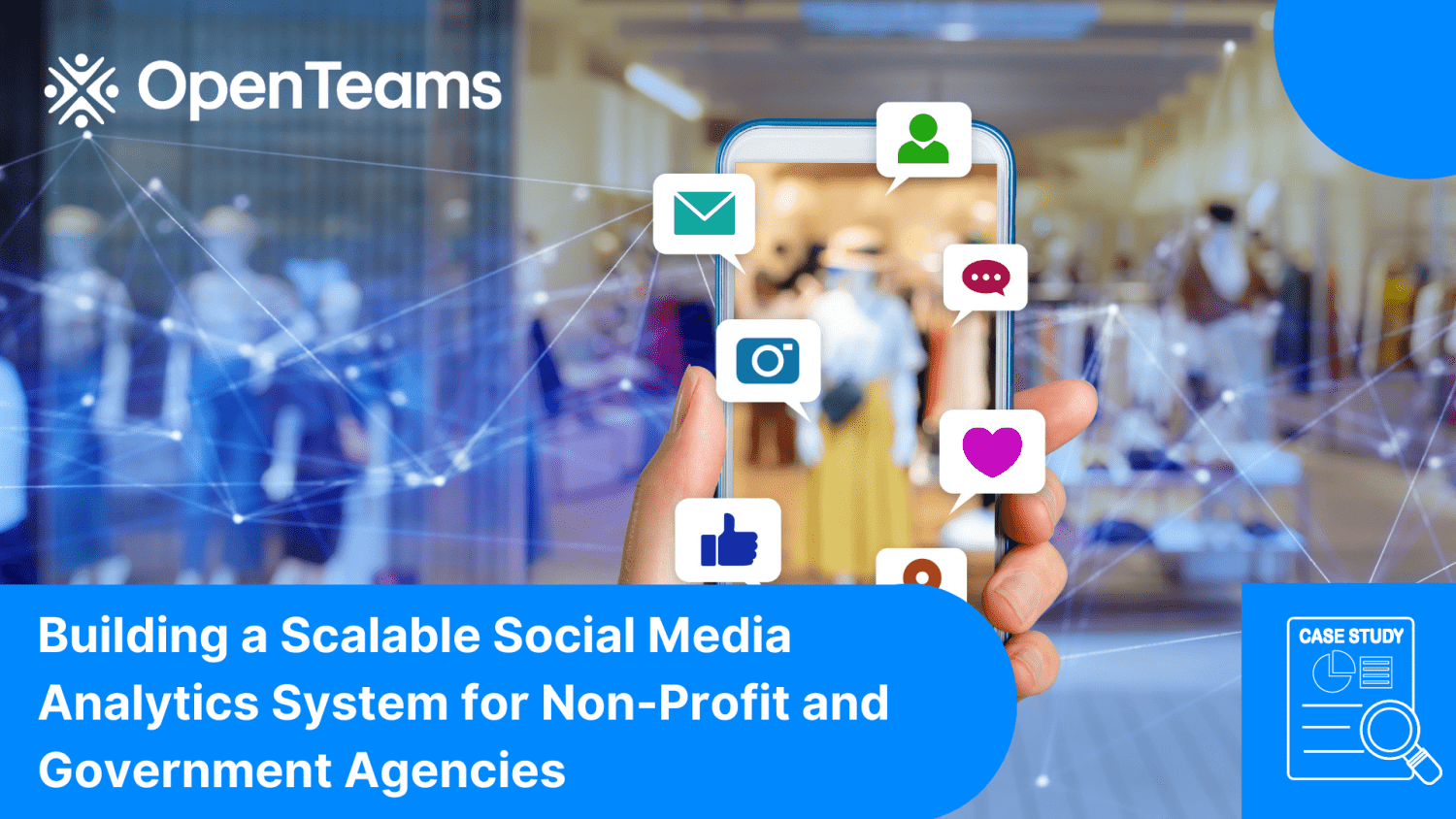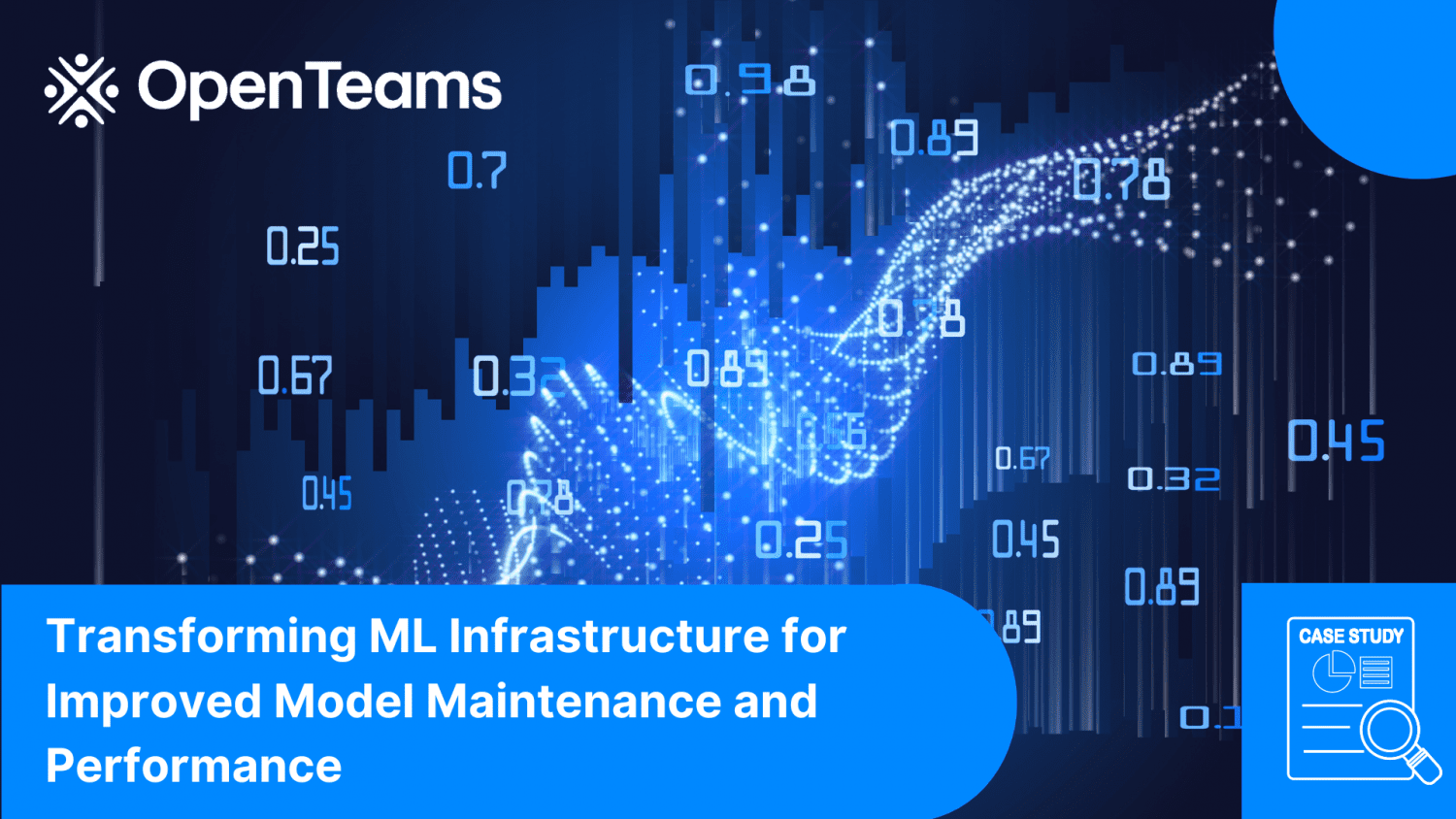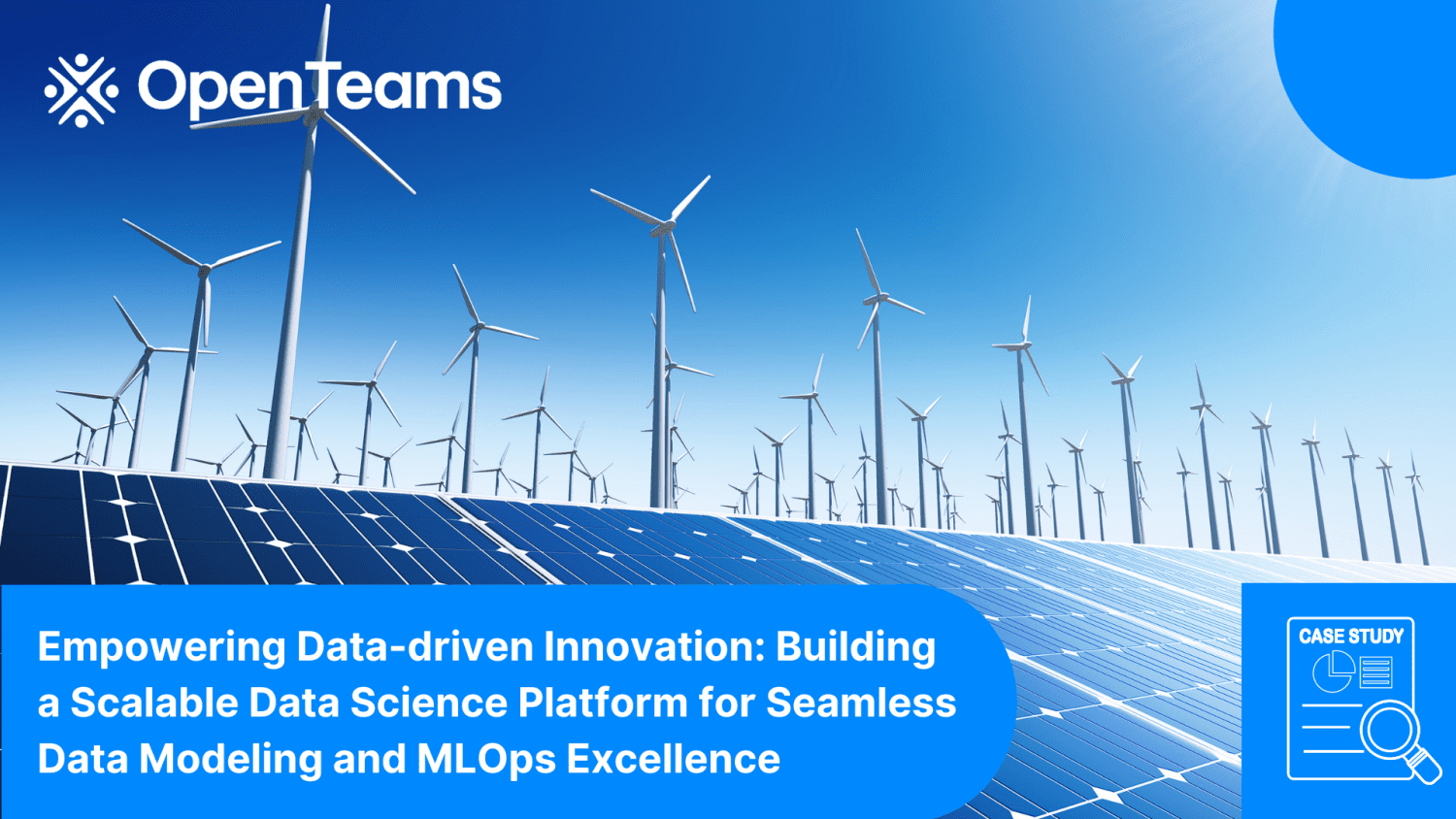
In today’s rapidly evolving business landscape, staying ahead of the competition requires constant innovation and the adoption of cutting-edge technologies. Over the past few years, one technological breakthrough that has captured the attention of enterprises worldwide is the emergence of Large Language Models (LLMs). Spearheaded by groundbreaking models like OpenAI’s GPT-x, Google’s LaMDA, Meta’s LLaMA, Amazon’s Titan, and Dolly from Databricks, LLMs are reshaping industries and redefining business practices. This article delves into the significance of embracing an LLM strategy for large enterprises and explores the myriad benefits they offer.
Understanding Large Language Models (LLMs)
At their core, LLMs are advanced natural language processing (NLP) algorithms, powered by neural networks and trained on massive datasets. These models possess the unique capability to comprehend context, generate human-like text, and perform a wide range of language-related tasks. Beyond text generation, LLMs have evolved to execute actions through plugins, significantly enhancing their potential to transform business operations, enhance customer experiences, and derive insights from unstructured data.
The Strategic Importance of LLMs for Enterprises
- Elevated Customer Experiences: Exceptional customer service is a cornerstone of successful enterprises. LLMs enable the creation of context-aware chatbots that can address customer queries and concerns with remarkable accuracy, even performing tasks through APIs. This augmentation improves customer satisfaction and allows human agents to concentrate on complex issues.
- Informed Decision-Making: With their capacity to analyze extensive volumes of unstructured data, such as social media interactions, customer feedback, and market trends, LLMs provide valuable insights to decision-makers. Integrating organizational data with LLMs amplifies this advantage, enabling data-driven, well-informed decisions that positively impact performance.
- Enhanced Operational Efficiency: Managing and processing vast amounts of information can overwhelm large enterprises. LLMs alleviate this burden by automating tasks like document summarization, email composition, and content generation. Their ability to seamlessly integrate with established APIs expedites their adoption and integration.
- Fostering Innovation: LLMs contribute to the innovation process by generating creative content and proposing solutions to challenges. Organizations can harness these models to foster a culture of innovation and develop novel products, services, and strategies. LLMs can serve as ideation catalysts, particularly when customized to align with the enterprise’s context.
- Competitive Edge: Embracing an LLM strategy propels businesses to the forefront of AI advancements. Harnessing LLM capabilities enables enterprises to differentiate themselves from competitors, securing a distinctive position in the market. Early adopters gain a considerable edge, and as LLMs adapt to organizational data, the competitive advantage strengthens.
Developing an Effective LLM Strategy
To harness the potential of LLMs, large enterprises must craft a comprehensive, forward-thinking strategy. Key steps in developing an LLM strategy include:
- Identifying Strategic Use Cases: Pinpoint areas where LLMs can generate maximum impact, whether in customer service, data analysis, or content generation.
- Allocating Resources: Invest in the necessary infrastructure, talent, and training required for successful LLM implementation.
- Prioritizing Ethical and Responsible AI: Formulate guidelines and policies to ensure ethical and responsible AI utilization, addressing issues like data privacy, security, and potential biases.
- Collaborating with AI Experts: Engage AI specialists or external vendors proficient in LLMs to ensure seamless integration with existing systems.
- Continuous Evaluation and Enhancement: Regularly assess the performance of LLM-based solutions, gather feedback, and iteratively refine models to ensure alignment with business objectives.
The Advent of Large Language Models: Transforming Enterprises
Large language models represent a transformative opportunity for large enterprises to streamline processes, enhance customer experiences, and unlock insights from voluminous data. However, the choice between leveraging public APIs or implementing open-source models requires careful consideration. While public APIs offer convenience and sophistication, open-source models provide greater control and cost-efficiency.
Real-world examples underscore the practical impact of LLM adoption. A food processing company partnered with Software Mind to implement GPT-3 for research analysis, resulting in improved efficiency, reduced workload, enhanced innovation, and lower costs.
To fully capitalize on LLMs’ potential, enterprises must follow essential best practices:
- Identify Suitable Use Cases
- Select Appropriate LLMs
- Prepare and Fine-Tune Data
- Plan Integration
- Monitor and Evaluate Performance
- Address Ethical Concerns
- Ensure Scalability and Maintenance
- Foster AI Adoption Culture
Embracing LLMs can propel businesses toward unprecedented innovation and competitiveness in the AI-driven age. As Bill Gates aptly states, “The Age of AI is filled with opportunities and responsibilities.” The time to harness the power of LLMs is now, ensuring that enterprises remain agile and forward-thinking in this era of transformative technology.
Conclusion
In the swiftly evolving landscape of technology and business, the emergence of Large Language Models (LLMs) has presented enterprises with a game-changing opportunity. These advanced AI models, exemplified by OpenAI’s GPT-x, Google’s LaMDA, and others, have transcended the boundaries of language processing, revolutionizing industries and offering a new realm of possibilities. Their ability to understand context, generate human-like text, and even execute actions through plugins has reshaped customer experiences, decision-making, operational efficiency, innovation, and competitive positioning.
As businesses stand at the crossroads of innovation, the choice to adopt an LLM strategy becomes pivotal. The potential benefits are significant: enriched customer interactions, data-driven decisions, streamlined operations, enhanced creativity, and a cutting-edge competitive edge. Enterprises that recognize the strategic importance of LLMs position themselves at the forefront of AI advancements, securing a unique advantage in a world of constant change.
Nevertheless, the path to a successful LLM implementation requires careful planning, resource allocation, ethical considerations, and a culture that embraces AI innovation. Whether through leveraging public APIs or integrating open-source models, enterprises must tailor their approach to their specific needs and goals. The real-world use case in the food processing industry exemplifies the tangible outcomes that can result from strategic LLM adoption.
In closing, the era of Large Language Models is more than a technological phenomenon; it’s a transformative force that demands a proactive response from enterprises. With Bill Gates’ words echoing in the background, the Age of AI indeed presents a blend of opportunities and responsibilities. Embracing LLMs today ensures that businesses not only stay relevant but also thrive in a future where innovation is the currency of success. The clock is ticking, and the companies that seize the LLM opportunity today will shape the landscape of tomorrow’s business world.
About OpenTeams
OpenTeams is a provider of open source solutions for businesses worldwide. Our goal is to connect organizations with open-source communities to help them optimize their use of open-source technologies while also supporting the communities they depend on. We help companies by being a single trusted vendor to provide service-level agreements for support, training, and general contracting and we help open-source communities by enabling participants to efficiently provide their paid services to organizations so they can spend more of their scarce time on open-source development and less time on business development. We provide unparalleled expertise and resources to help businesses achieve their goals. Our flexible support plans allow organizations to pay for only what they need, and our network of experienced Open Source Architects is available to provide top-notch support and guidance around the world allowing for 24/7/365 support. We are committed to fostering a community of innovation and collaboration. We support OSPN.org which enables open-source contributors to advance their careers as an open source contributor, and we sponsor our OSA community to provide tech-leaders with open-source expertise to gather and discuss how to help businesses achieve better results with open-source.
Related Articles
Computer Vision for Automatic Vehicle Damage Detection and Cost Estimation
Transforming ML Infrastructure for Improved Model Maintenance and Performance
Empowering Data-driven Innovation: Building a Scalable Data Science Platform for Seamless Data Modeling and MLOps Excellence
Unleashing Computational Speed: Enhancing Risk Models for Compliance in a Global Financial Powerhouse
Transforming Armed Forces Training: Reinforcement Learning for Enhanced Adaptability and Strategy Development
Unlock the power of open source for your business today
OpenTeams provides businesses with access to a team of experienced open source professionals who can help them unlock the power of open source technologies, delivering customized solutions tailored to their specific needs and goals. Get in touch with us today to learn how we can help you leverage open source to achieve your business objectives.






